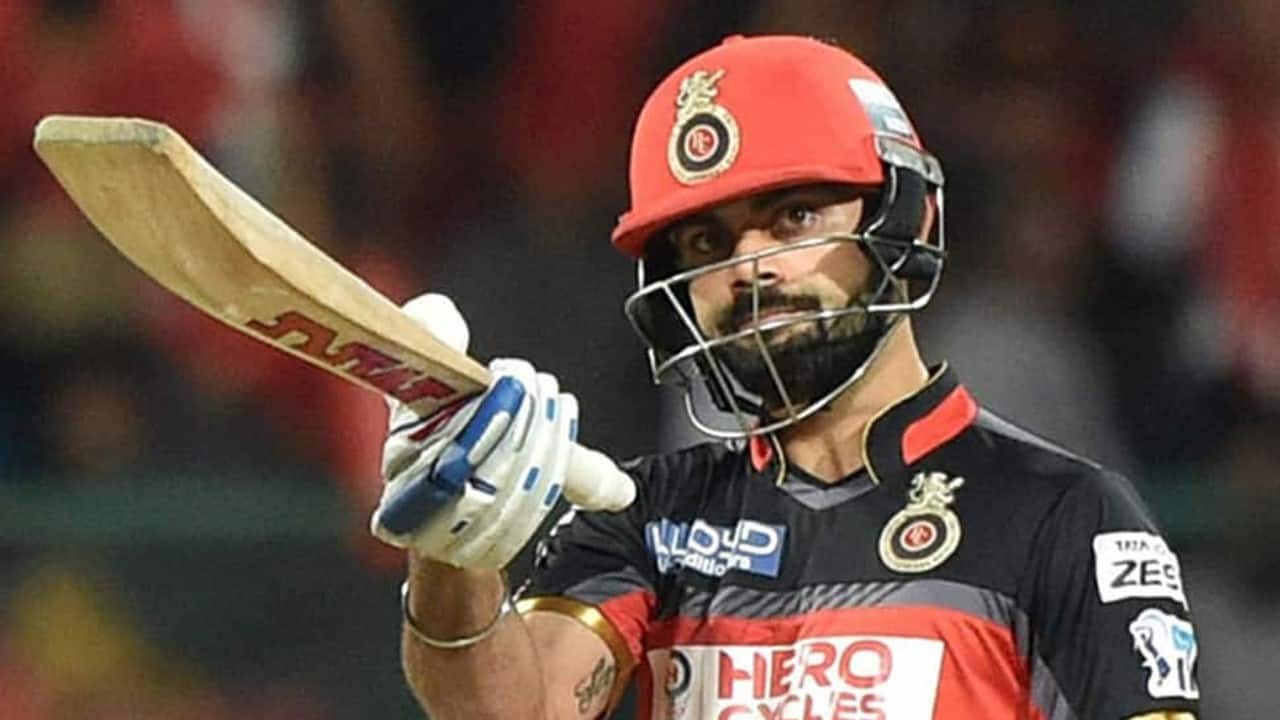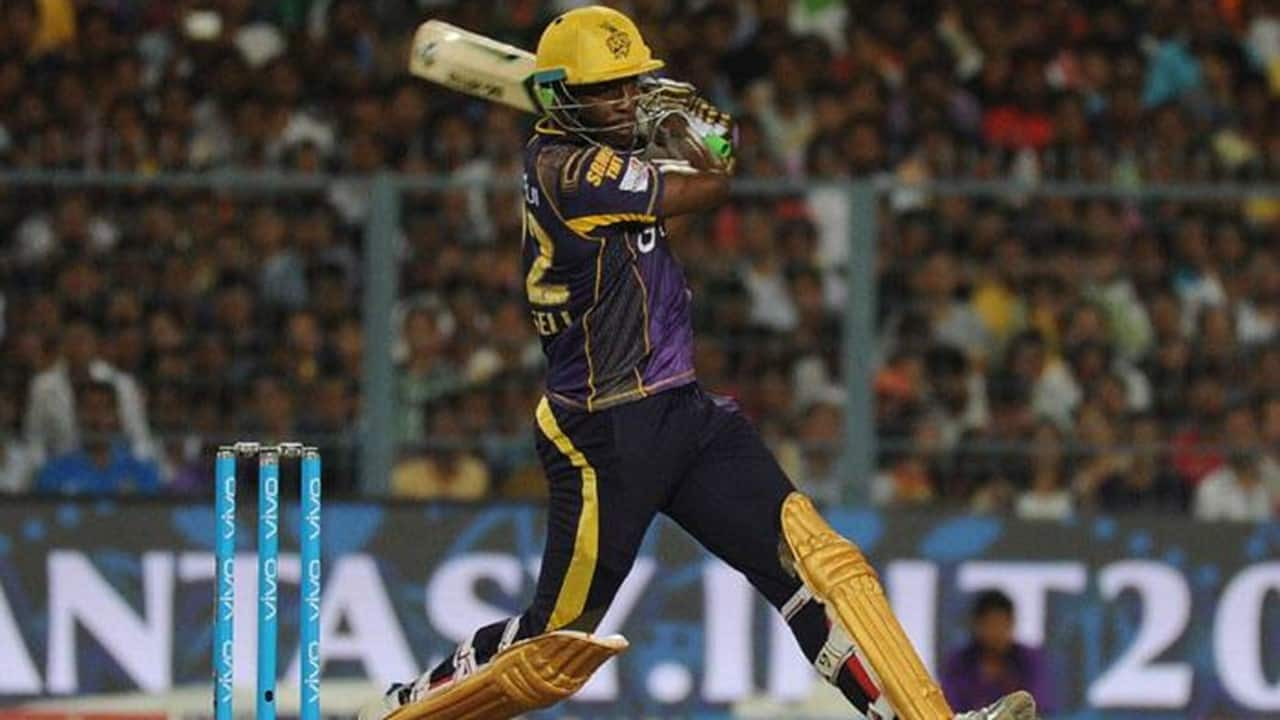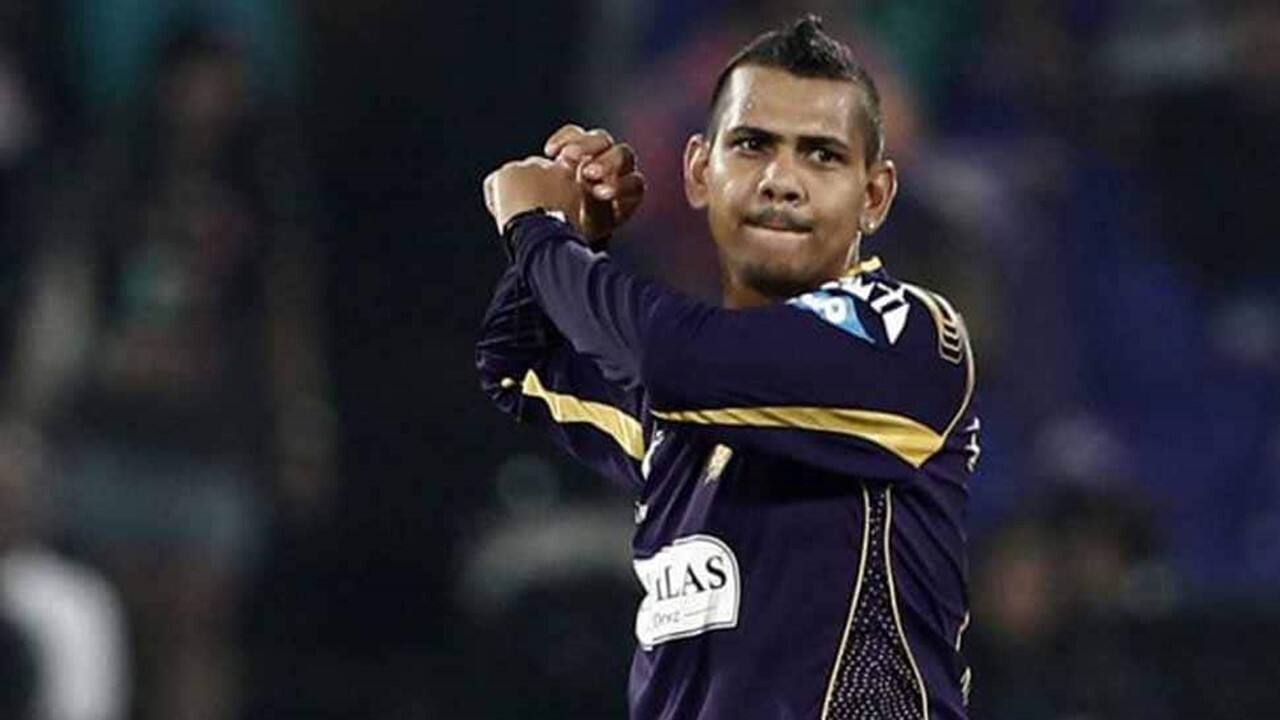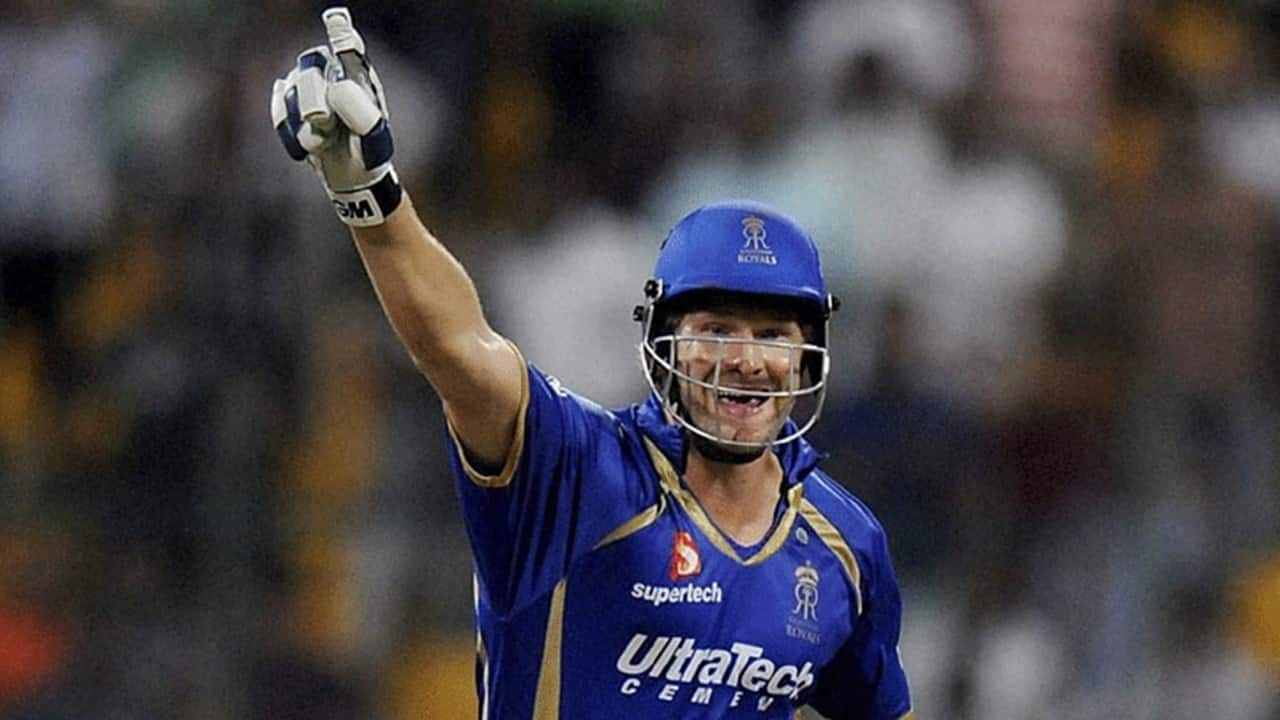In pics: A look at Most Valuable Player award winners of last 12 Indian Premier League seasons
)
By 2019, Andre Russell was already one of the most lucrative names in T20 cricket, having had several match winning performances to his name.
In the 2019 edition of IPL, Russell hit the bowlers out of the ground at will, he literally toyed around with the opposition and his sheer power and brute force often won KKR the game.
In 14 matches, the Jamaican scored 510 runs at a mind-boggling strike-rate of 204.81. If that was not enough, Russell also picked-up 11 wickets for his side while mostly bowling the difficult death overs

After having picked-up the MVP award in IPL 2012, Narine repeated the feat in the 2018 IPL edition.
This time around apart from his clever bowling, he had a new role- as a hard-hitting opening batsman. Narine absolutely nailed the role as his blistering starts helped KKR in reaching the IPL playoffs in 2018.
Narine scored 357 runs in 16 matches at an unbelievable strike-rate of 189.89 while also picking-up 17 wickets at an economy rate of 7.65.
Playing against RCB at the Eden Gardens, he scored a half-century in just 17 balls.

English cricketer Ben Stokes justified his billing as one of the top all-rounders in the game with a magnificient performance with both the bat and the ball.
The Rising Pune Supergiant franchise, playing their second edition, reached the finals with a large chunk of the contribution coming from Ben Stokes. They were beaten narrowly by one run in the final by Mumbai Indians.
In 12 matches, Stokes scored 316 runs with a strike-rate of 142.98 - batting lower down the order while also racking-up 12 wickets at a brillant economy rate of 7.18.

The batting maestro came into IPL 2016 with a point to prove after Royal Challengers Bangalore's dismal performances in the past few editions.
Captaining RCB and often opening the innings, Kohli almost single-handedly took his side to the finals of the 2016 edition, where they were narrowly edged out by SRH but he was deservingly handed the MVP award.
Kohli won the Orange Cap as he scored an unbelieveable 973 runs in the tournament, which still remains a record for most runs in a single edition. The Indian finished with an average of 81.08 and a strike-rate of 152.03. He also scored a record four centuries in this edition.

Jamaican all-rounder Andre Russell was yet to make his mark in international cricket at that stage and his heroics with both the bat and the ball came as a surprise to many.
His hard-hitting with the bat was unforseen in cricket at that point as he scored 326 runs at an astonishing strike-rate of 192.89.
Russell also picked-up 14 wickets from 13 matches at an economy rate of 7.96 and often bowled the death overs for his side.

Australian all-rounder Glenn Maxwell was yet to cement his place in the Australian side at that stage and staked his claim with a magnificient tournament. Maxwell took KXIP to the finals of IPL 2014 where they lost out to KKR.
Maxwell scored 552 runs from 16 matches at an average of 34.50 but his strike-rate of 187.75 is what made the KXIP tick.

Australian all-rounder Shane Watson became the first player in IPL history to win the MVP award twice.
Rajasthan Royals being captained by Rahul Dravid in IPL 2013 reached the playoffs with Shane Watson making the biggest contribution for the side with both the bat and the ball.
Watson scored 543 runs in 16 matches at an average of 38.78 and a brillant strike-rate of 142.89 while also picking up 13 wickets at a great economy rate of 7.15.

Sunil Narine became a potent weapon in Kolkata Knight Riders armoury in IPL 2012. Still an unknown quantity at that stage, Narine caught the batsman completely offguard with his clever action and subtle trickery with the ball. KKR won their maiden IPL title in the 2012 edition with Narine playing a vital role with the ball.
Narine took 24 wickets in 15 matches at a miserly economy rate of 5.47.

The era of the universe boss started in 2011. Royal Challengers Bangalore opening batsman Chris Gayle provided rapid starts to his team and took the opposition bowlers to the cleaners. The boundaries seemed shorter when Gayle came in to bat. His opening exploits were instrumental in RCB's run to the finals of the tournament where they were edged out by CSK.
Gayle scored 608 runs in 12 matches at an astonishing average of 67.55 and a breathtaking strike-rate of 183.13. Gayle also scored two centuries in the tournament and was awarded the MVP award (then known as Man of the tournament). He was also the Orange Cap winner in the 2011 edition.

The master blaster was in scintillating form in the 2010 edition of IPL. Tendulkar, captaining Mumbai, led from the front and guided his side to the finals where they narrowly lost to the MS Dhoni led Chennai Super Kings.
Sachin scored 618 runs in 15 matches at an average of 47.53 and a strike-rate of 132.61 and was deservingly awarded the MVP award (then known as Man of the tournament). He was also the Orange Cap winner with the most number of runs.

Australian wicketkeeper batsman Adam Gilchrist was awarded the MVP award ( then known as Man of the tournament) in IPL 2009 as he captained the Deccan Chargers franchise to victory in the second edition.
Gilchrist led from the front as he provided blistering starts to his side, partnering Herschelle Gibbs at the top of the order while also fulfilling his wicketkeeping duties.
The Aussie was the second-highest run scorer in the tournament with 495 runs in 16 matches with a blistering strike-rate of 152.30.
IPL 2009 was played in South Africa and Gilchrist possibly found the bouncy wickets to his advantage as the pitches in Australia are quite similar.

In the inaugral edition of IPL 2008, Australian all-rounder Shane Watson was perhaps the most important reason for Rajasthan Royals title victory. Coming into the tournament, Rajasthan was the most underrated team as they lacked the big names in their line-up.
The side led by Shane Warne was full of unknown and unestablished names like Ravindra Jadeja and Swapnil Asnodkar.
Watson was ever-dependent with both the bat and the ball as he scored 472 runs from 15 matches in the tournament at a strike rate of 151.77 and also picked-up 17 wickets. Deservingly, he was awarded the MVP award (then known as Man of the tournament).

